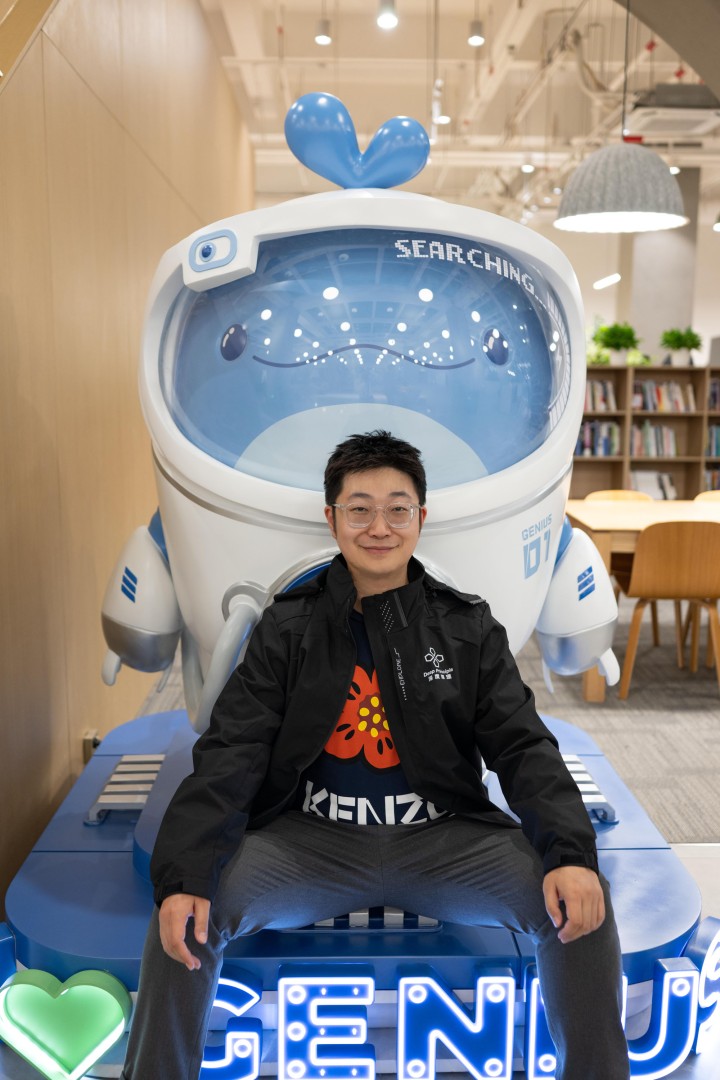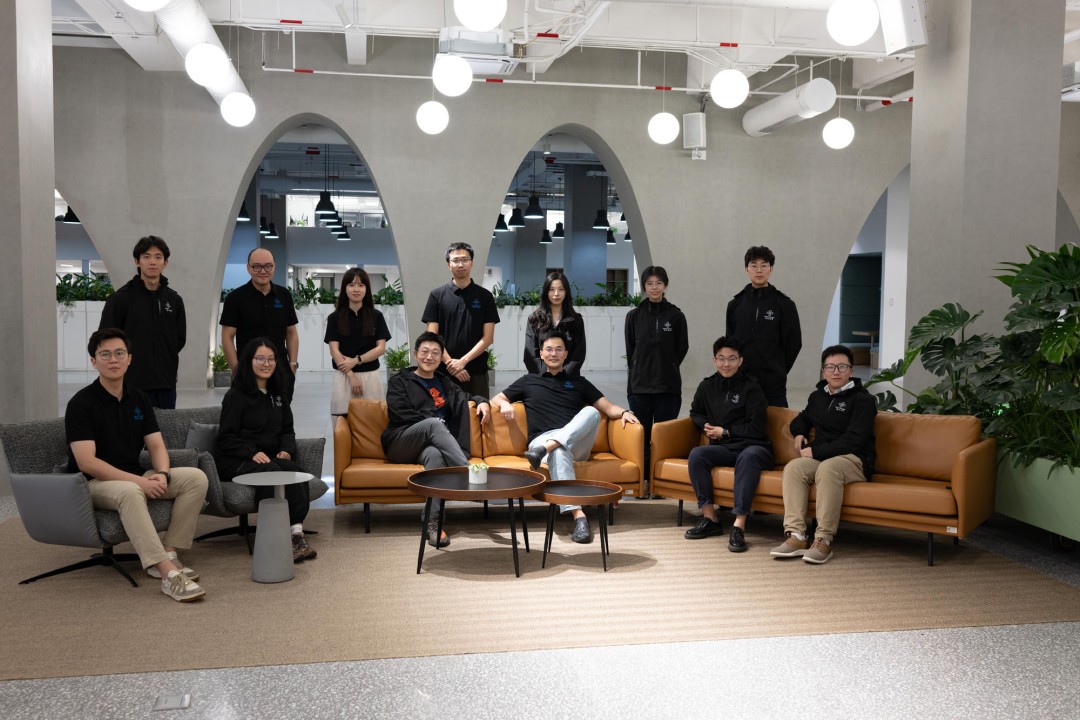Duan Chenru, a rising figure in tech entrepreneurship, has been named to the 2024 Forbes China 100 Elite Returnees list. He also earned a spot on the Forbes China 30 Under 30, one of the few honorees focused on building the infrastructure for science and technology innovation.
As the founder and CTO of Deep Principle, a Hangzhou-based startup, Duan is leading a team using AI to reimagine how materials science research is done. Rather than incremental improvements, they aim to tackle deep-rooted inefficiencies in the field—low productivity, high trial-and-error, and limited reproducibility—by building a smarter, AI-driven framework for scientific discovery.
“Our goal isn’t just to make innovation faster. It’s to build a fully intelligent system where scientific discovery becomes automated,” says Duan.

A MIT-Trained Scientist Turning Principles into Platforms
Born in Urumqi, Duan studied physics at Zhejiang University before earning a Ph.D. in chemistry from the Massachusetts Institute of Technology (MIT), under the guidance of Heather Kulik, a leading expert in AI-assisted chemical design. His work explored the intersection of quantum chemistry and machine learning, with a focus on boosting the accuracy and efficiency of molecular design and reaction predictions.
During his time at MIT, Duan not only tackled cutting-edge scientific challenges, but also helped build the international academic community around “AI for Science,” organizing key symposiums at top global conferences.
In 2022, he joined Microsoft as a research scientist. By 2024, he had co-founded Deep Principle with Dr. Jia Haojun, determined to transform theoretical breakthroughs in AI + materials chemistry into real-world impact.
Duan’s academic honors include the ACS CCG Excellence Award, the AIChE CoMSEF Award, and the MRS Gold Award, among others.

Building an End-to-End System for Scientific Discovery
At the heart of Deep Principle’s work is ReactiveAI, a proprietary R&D platform that merges generative AI, quantum simulations, and high-throughput experimental systems. The platform aims to move materials research from guesswork to intelligent prediction.
ReactiveAI is built on five core algorithm modules developed in-house. These modules handle everything from reaction generation and accurate computation to large-scale screening, experiment acceleration, and synthetic planning. Together, they form a closed-loop system covering discovery, property prediction, formulation optimization, and experimental validation—dramatically cutting down on time and resources.
“We’re not just making tools. We’re creating a self-propelling pipeline for scientific discovery,” Duan explains.
From Lab to Industry—with Serious Capital Behind It
Deep Principle’s team combines academic pedigree with industry experience. Members hail from MIT, Stanford, Tsinghua, Fudan, and Zhejiang University, and bring work backgrounds from Microsoft, Meta, Dow Chemical, BASF, JD.com, and Tencent.
What sets them apart is their early, hands-on experience with AI for Science. Long before the term became a buzzword, the team was already working on breakthroughs in transition state prediction and first-principles computation—laying the groundwork for the robust systems they’re now building.
Since its founding, Deep Principle has raised multiple rounds of funding, from seed to Pre-A, backed by leading investors including Hillhouse Ventures, Linear Capital, Baidu Ventures, Vertex Ventures, Lenovo Capital, and TruVentures. The speed and depth of investment are rare for a startup in such a high-barrier field.
One Pre-A investor commented: “This team isn’t selling hype or buzzwords. They’re tackling the hardest challenge—making innovation itself repeatable, scalable, and scientifically sound.”
The Reluctant Entrepreneur Redefining Scientific Infrastructure
Duan isn’t your typical startup founder. He doesn’t frequent conferences or chase headlines. Instead, he and his team are quietly constructing a rigorous system that could become the backbone of next-generation science and innovation.
In a field like AI for Science—highly technical and far from mainstream—Duan insists on starting with the science itself: building deep models, validating methods, and turning empirical trial-and-error into computationally driven processes.
“Each breakthrough in new materials has the power to reshape industries, energy systems, even society,” he says. “If AI can reinvent this process, it becomes more than just a tool—it becomes a new scientific methodology.”
He knows the path is long and hard, which is exactly why, in his view, it can’t be driven by hype or traffic. It requires long-term thinking and patience to build systems that last.
Today, ReactiveAI is already being applied in areas like battery innovation, polymers, and biodegradable materials. Deep Principle is developing a cloud-based, modular innovation platform to offer scalable, replicable capabilities to research institutes and industrial clients alike.
“There’s no perfect answer in science,” says Duan. “But we believe AI should be involved right from the first hypothesis.”
Rather than racing to be the fastest, Duan and his team are working to become the most stable infrastructure powering the future of scientific innovation. In doing so, they may be laying the quiet foundations of China’s next great technological leap.
Media Contact
Company Name: Fosmos consulting management co.,ltd.
Contact Person: Matt.Sun
Email: Send Email
City: Shanghai
Country: China
Website: https://mp.weixin.qq.com/s/AGKbQLSYaik6hK58WM_M6w




